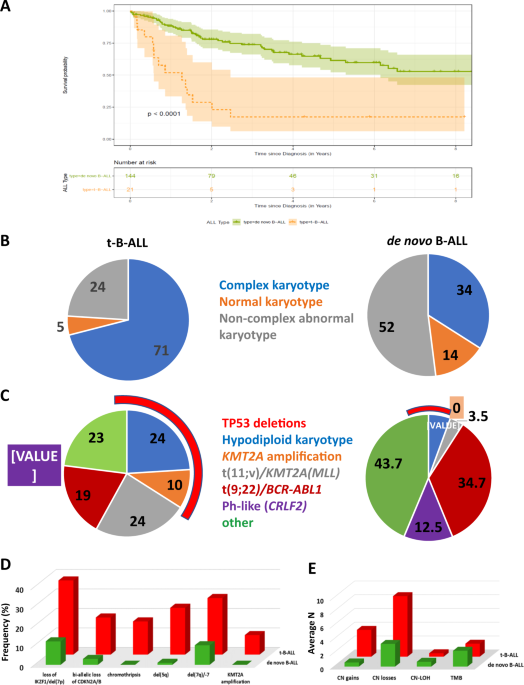
- Select a language for the TTS:
- UK English Female
- UK English Male
- US English Female
- US English Male
- Australian Female
- Australian Male
- Language selected: (auto detect) - EN
Play all audios:
SACRAMENTO — Seeking to “prime the pump” with borrowed money, Democratic lawmakers on Tuesday proposed a massive public works program to create jobs and help pull California out of what one
legislative leader called the “Great Recession.” Assembly and Senate Democrats said the Legislature and the governor should place on the June ballot $5 billion to $6 billion in bond
proposals which, if approved by voters, would pay for construction of new schools, housing and public works projects. Senate leaders also proposed new laws to give California companies an
advantage in bidding for state construction contracts and to ensure that at least half the 100,000 jobs they say would be created by the bonds go to California residents. Assembly Democrats,
meanwhile, also acknowledged that they have lost the trust of the state’s business community and pledged to develop a package of policy proposals aimed at improving California’s business
climate. Senate Leader David A. Roberti of Los Angeles said a “public investment in public works” was needed to help get the economy moving again. “That’s what got us out of the Great
Depression and what will get us out of the Great Recession of the ‘90s,” Roberti said. Roberti and other Democrats acknowledged that their focus on public works was in part intended to take
political momentum from Gov. Pete Wilson’s proposal to slash welfare aid to poor families. Roberti said he would like to see the public debate focus on job creation rather than welfare cuts.
Wilson, who will deliver his proposed budget to the Legislature Thursday, has proposed cutting welfare benefits by 10% immediately and by an additional 15% after six months for families
with able-bodied adults. The Republican governor also would prohibit newcomers to the state from receiving benefits higher than they got in their home states before moving to California. “A
hallmark of good government is to prime the pump when times are bad,” Roberti said. “Punishing an immigrant welfare recipient from Hong Kong or Mississippi who somebody thinks has too many
kids is not going to solve California’s problem.” Added Democratic Sen. Diane Watson of Los Angeles: “What we have here today is a group of proposals to strengthen California’s economy and
provide jobs. I feel this is a better approach to helping our people than cutting the welfare grant.” Roberti acknowledged that most of the bond issues the Democrats are backing would have
been proposed for the ballot this year whether or not the economy was in a recession. But he said the economic stimulus from the projects would be greater if the bonds all were placed on the
June ballot and the projects were accelerated by paying for start-up costs with the state’s cash reserves even before the bonds are sold. The Senate Democrats also proposed giving
California firms a 10% edge when bidding on state contracts for goods and services. They also would require that at least 50% of the employees hired for state public works projects be
California residents and that at least 51% of the parts and supplies used on state projects be made in the United States. Roberti and his Senate colleagues proposed a $1.6-billion bond
measure for public school construction, $1 billion for higher education construction, $1 billion for housing projects, $1 billion for libraries, parks, child care centers and other public
facilities, and $400 million for water projects. Senate aides said the bonds, along with a $1-billion transportation measure already slated for the November ballot, would create more than
100,000 new jobs, $3 billion in payroll and $300 million in increased taxes for the fiscal year beginning July 1. Assembly Democrats did not provide a breakdown of their proposal but
suggested that $5 billion to $6 billion of job-creating bonds be lumped into one massive proposal and placed on the June ballot. The proposals would continue the escalating series of huge
bond measures in California in recent years. In November, 1990, voters were asked to approve a record $5.4 billion in general obligation bond measures. All were rejected except for an
$800-million bond issue for public school construction. But earlier that year voters approved more than $4 billion in new bonds. As of last summer, the state was making payments on $17.6
billion in outstanding bonded indebtedness. State Treasurer Kathleen Brown noted that even if the bonds were approved, they will “take time to work their way through the political process
and into the economy.” She said the state currently has a backlog of more than $9 billion in bonds that have been approved but not yet sold. Cynthia Katz, a spokeswoman for the Wilson
Administration, said the governor supports the placement of $6 billion of bond issues on the June and November ballots combined. But she said the Administration estimates that only
35,000--not 100,000--jobs would be created and that the effect would not be felt in the economy until 1993. By then, she said, the state’s private sector should be creating 450,000 jobs a
year “on the natural.” Katz also noted that the bonds are not “free money” but have to be repaid with interest. In the current fiscal year, the state will use more than $1.2 billion from its
general fund to pay the principal and interest on bonds that already have been floated. The payments on $6 billion more in bonds would run to several hundred million dollars a year. The
Administration had no position on the proposal to give California firms an advantage in the bidding process. On a related issue, Assembly Democrats, led by longtime budget-writer John
Vasconcellos of Santa Clara, acknowledged Tuesday that the state’s business climate is bad and promised to take action to improve it. Vasconcellos will lead a team of eight Assembly
Democrats in a series of meetings with corporate leaders. Although Republicans have long argued that state policies were discouraging the creation of new businesses and jobs, Tuesday’s
announcement marked the Democratic leadership’s first formal admission that state regulations might need to be scaled back. Vasconcellos said his years-long disagreement with the private
sector’s arguments changed when the economy took a nosedive. The state’s economy has lost more than 380,000 jobs since the recession began. “At times it is crying wolf and at times it’s
real,” Vasconcellos said of the complaints. “This time it looks like it’s real. We got, if not careless, complacent.” Democratic leaders in both houses distanced themselves from a proposal
by a coalition of state employees to use $4 billion in bonds to cover most of the shortfall anticipated in the state’s operating budget over the next 18 months. The coalition suggested that
the bonds could be repaid by legalizing casino gambling and allowing the state to share in the proceeds. The group also suggested that state workers be given a 10% pay raise and that the
governor’s staff and those of his agency secretaries be trimmed 30%. MORE TO READ





